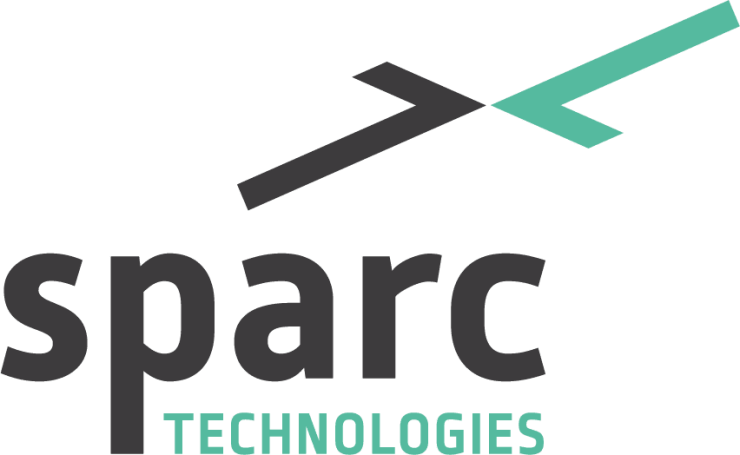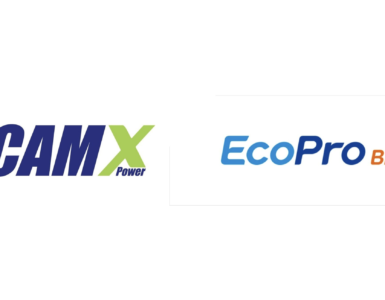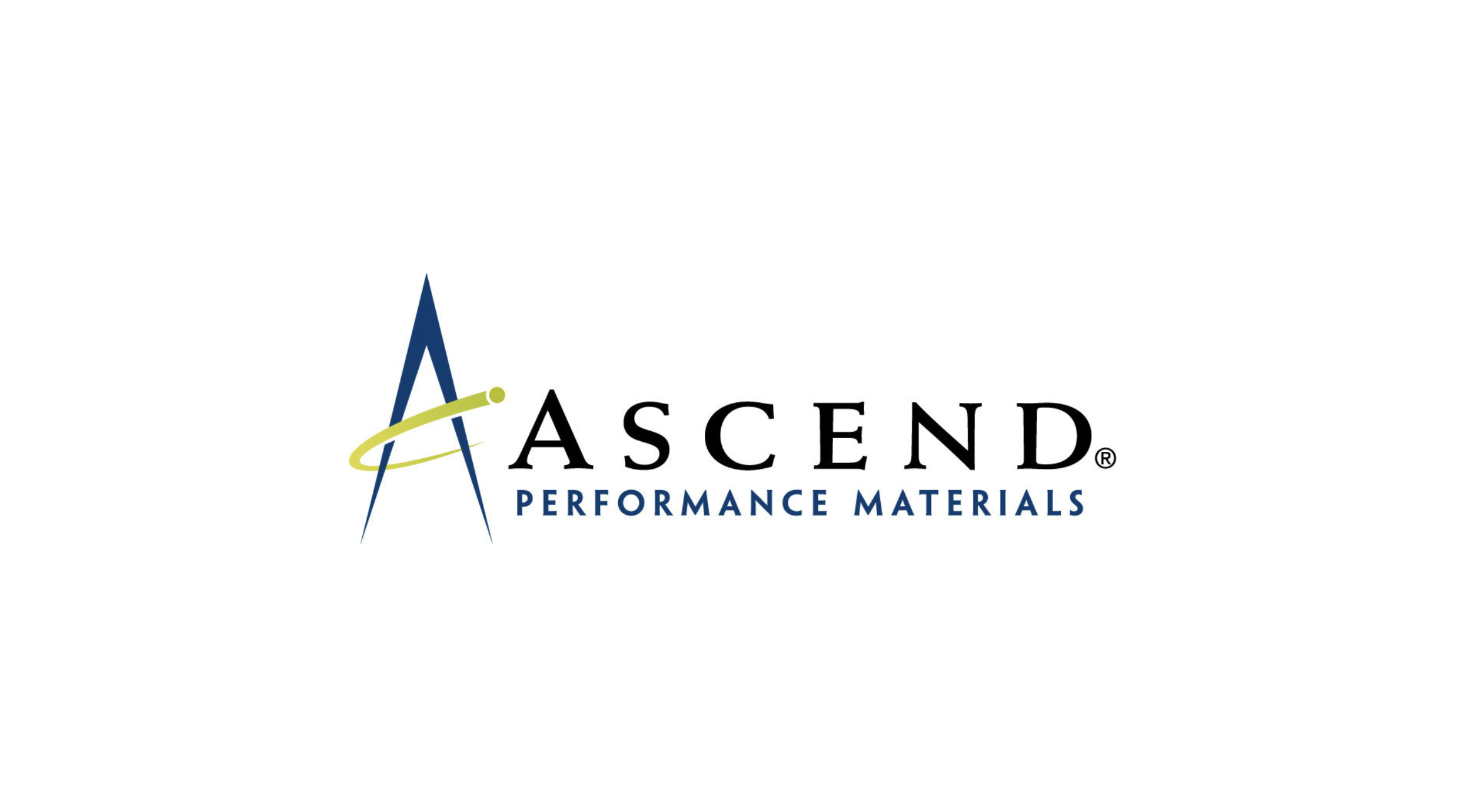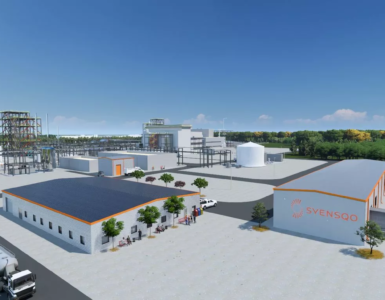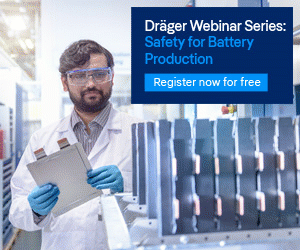Sparc and QUT to develop a hard carbon anode material production process using low cost sustainably sourced green bio-waste.
Sparc Technologies Limited (ASX: SPN) (Sparc or the Company) advise that it has entered into a Strategic Partnership Agreement with the Queensland University of Technology (QUT).
The Strategic Partnership Agreement is an umbrella agreement that will support a long term partnership and commitment between the parties, affording Sparc the first right of refusal to commercialise technologies developed from projects Sparc undertakes with QUT.
It also provides a framework for long term cooperation whereby Sparc and QUT agree to work together to identify and undertake new projects.
🔥 What about we co-host a webinar? Let's educate, captivate, and convert the battery economy!
Batteries News is the global go-to online magazine for the battery industry, we can help you host impactful webinars that become a global reference on your topic and are an evergreen source of leads. Click here to request more details
Mike Bartels, Sparc Managing Director, commented:
Sparc is excited to join with QUT in a Strategic Partnership, commencing with a project in the battery anode space with the development of a novel process for the production of hard carbon.
“Using readily available, sustainable bio-waste material will provide Sparc with a strong environmental value proposition when compared with conventional sources of hard carbon. We will be targeting the production of materials for the high growth market of Sodium ion batteries which is displaying significant promise as an alternative to Lithium ion batteries.”
“In addition to enhanced safety for industrial scale energy storage, of great significance is the fact that the materials used in Sodium ion batteries are accessible and not challenged in supply as is the case with Lithium ion batteries.”
“The Sustainable Hard Carbon Anode project compliments existing knowledge and skills Sparc has developed through its graphene expertise and the extension of this into renewable energy technologies is a natural fit with Sparc’s photocatalytic green hydrogen project.”
Prof Sagadevan Mundree, QUT Centre for Agriculture and the Bioeconomy Director commented:
QUT is very pleased to be entering into a Strategic Partnership with Sparc.
“The relationship serves as agreat example of the University’s strong commitment to engage in a collaborative manner with industry partners that look to gain commercial advantage by being at the cutting edge of technology.”
A/Prof. Deepak Dubal, QUT Lead researcher School of Chemistry and Physics commented:
We very much welcome Sparc as a partner with the first project being associated with sustainably sourced bio-waste producing anode material.
“We expect this will open the door to many more exciting R&D opportunities between us.”
Sustainable Hard Carbon Anode Project
Concurrent with signing the Strategic Partnership Agreement, Sparc has commenced a project with QUT that will develop a novel process for the production of hard carbon using low cost sustainably sourced green bio-waste targeting the Sodium ion battery industry.
The hard carbon materials will be characterised and tested in a Sodium ion cell format at QUT’s world-class facilities for battery development and testing, including the National Battery Testing Centre and Central Analytical Research Facility (CARF). Sparc has also engaged an experienced battery technology consultant to advise on the project and to assist with commercialisation.
A high performing, low cost, sustainably sourced anode material for Sodium ion batteries is meeting a need for what is a growing alternative battery technology. Existing hard carbon materials are typically sourced from carbonaceous precursors such as pitch (a by-product of the oil & gas industry) which undergo lengthy heating at high temperatures.
This is a very energy consuming process, which combined with a high emission feedstock, has significant environmental impacts. Furthermore, with China being the world’s dominant supplier of hard carbon materials, this technology aims to provide an alternative western supply source thereby reducing sovereign risk for cell manufacturers.
The themes of sustainability and localising supply chains have been gaining in importance across industries and are of particular importance in batteries where China currently dominates the production of key raw materials and cells.
Northvolt’s recent partnership with Stora Enso to develop sustainable batteries using wood based products from Nordic forests, in an effort to keep the supply chain local is an example of this.
In performing due diligence on this project Sparc has reviewed a number of technologies in the battery space. Sparc believes that Sodium ion batteries have strong market potential, particularly in industrial and grid scale storage, and that this project is a good fit for Sparc’s existing expertise. Well known and documented advantages of Sodium ion batteries versus Lithium ion batteries are contained in Table 1 and can be summarised as:
- Lower cost and greater availability of raw materials.
- Safety and ease of transport.
- Similar manufacturing techniques to Lithium ion and therefore can use the same production facilities.
Wood Mackenzie expects Sodium ion batteries to take some of LFP’s share in passenger EVs and energy storage, reaching 20GWh by 2030 in its base-case scenario.
CATL launched its first generation Sodium ion battery in 2021. In its press release the company noted, ‘CATL invites upstream suppliers and downstream customers, as well as research institutions to jointly accelerate the promotion and development of Sodium ion batteries.’
Other large players involved in developing Sodium ion batteries and their components include Reliance Industries, Umicore, EDF and Solvay, providing strong validation of the significant potential in the technology.
A key attraction of Sodium ion battery technology for Sparc is the ability to leverage its knowledge of graphene materials and production processes. Importantly, compared to Lithium ion technology, Sodium ion batteries are a much less crowded space offering opportunities for Sparc to make an impact.
Material Terms of the Partnership Agreement
The Strategic Partnership Agreement is binding, effective immediately and is not subject to any material conditions precedent.
The initial term of the Agreement is three years and the main objective is to develop functional materials using graphene and carbon material and related manufacturing process technologies, for a range of applications including the coatings, composites, cementacious and energy industries.
There are no cash payment obligations between the parties. While Sparc sees the Strategic Partnership Agreement as having the potential to create long term value for the Company, Sparc does not expect the Strategic Partnership Agreement to have any direct financial impacts on the Company in the near term
Highlights:
- Strategic Partnership Agreement signed with Queensland University of Technology (QUT)
- Sparc and QUT to develop a hard carbon production process using low cost sustainably sourced green bio-waste
- Goal to produce materials for next generation Sodium ion batteries which have significant potential for grid scale storage and mobile applications
- Sustainable Hard Carbon Anode project complements Sparc’s existing businesses in graphene and renewable energy
READ the latest Batteries News shaping the battery market
Partnership Agreement with Queensland University of Technology to Develop Sustainable Battery Materials, September 13, 2022

